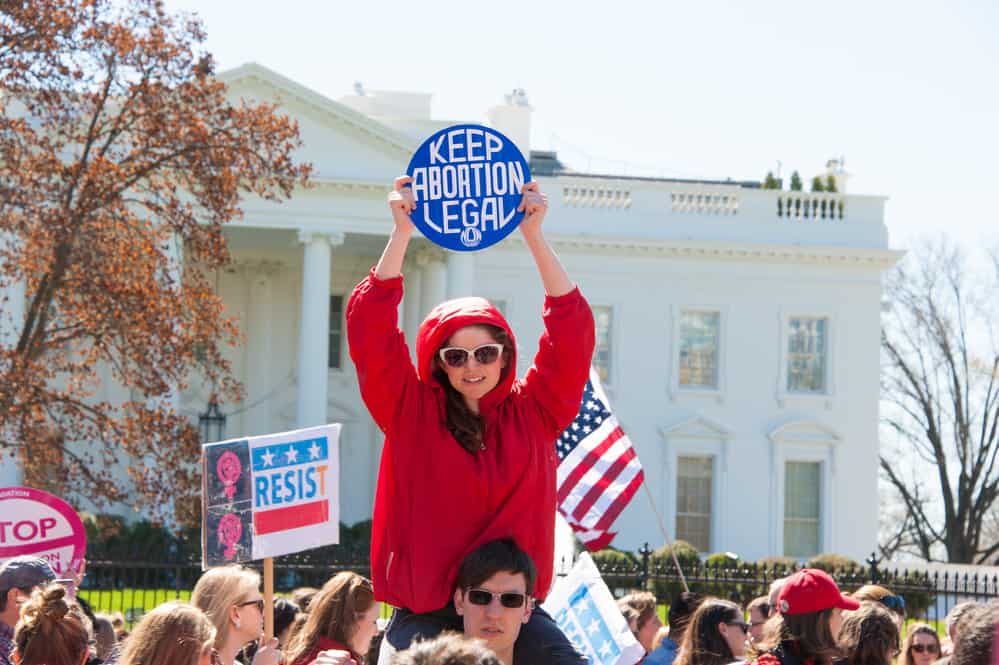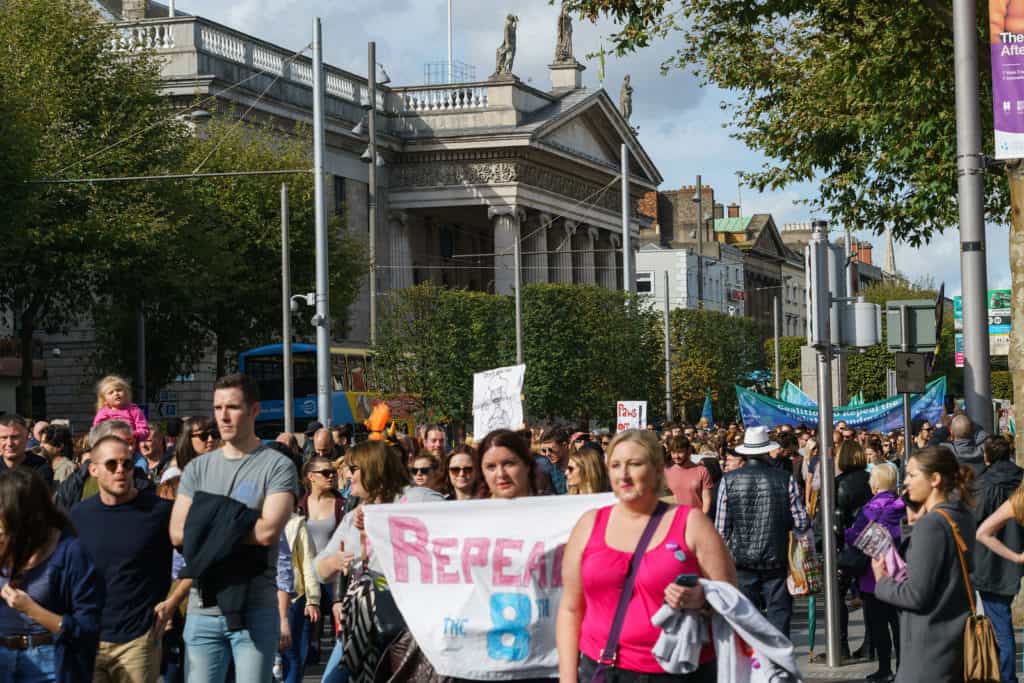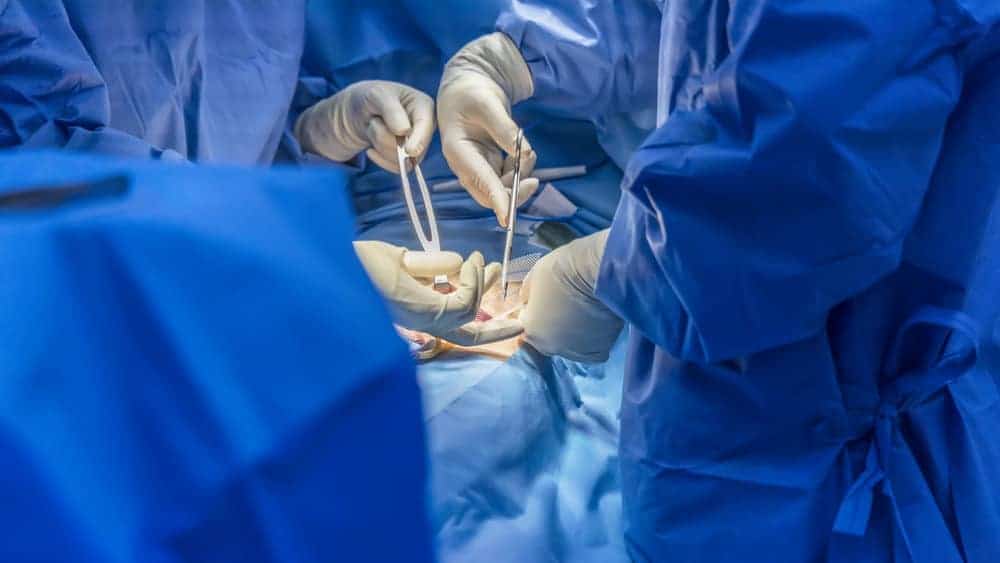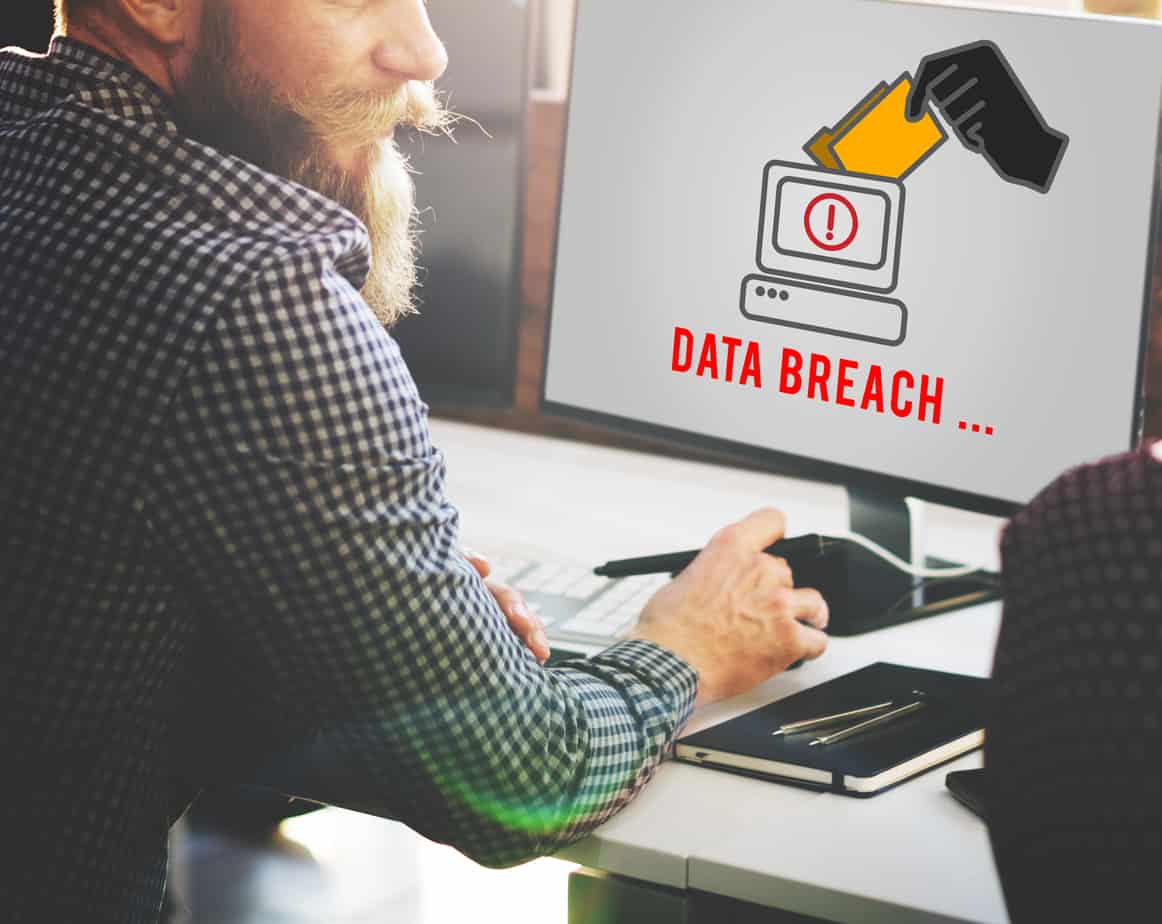After weeks of speculation, the decision by the Supreme Court will limit access to abortion, denying millions of people a fundamental constitutional right.
For almost fifty years, the constitutional right to abortion access has given women a choice. Unfortunately, the U.S. Supreme Court’s ruling to overturn it, ending federal protection of these rights and handing them over to elected representatives, hides several repercussions for people in America, including health, financial and emotional.
The high court decided on Dobbs v. Jackson Women’s Health Organization. The one clinic in Mississippi still providing abortions challenged the 2018 state law banning abortions after the 15th week of pregnancy. The clinic argued that the law opposed the rights determined by the Roe ruling.
Conservative Justice Samuel Alito said on the ruling, which had a 6-to-3 vote, “Roe was egregiously wrong from the start. Its reasoning was exceptionally weak, and the decision has had damaging consequences.”
The other judges supporting the decision were Justices Clarence Thomas, Neil Gorsuch, Brett Kavanaugh, and Amy Coney Barrett. The three liberals judges, Justices Stephen Breyer, Sonia Sotomayor, and Elena Kagan, were in disagreement with overruling Roe.

1. Abortion Rights Left to the Individual States
State laws will now deem the access to legal abortion. Each state can decide whether to allow, restrict, or ban pregnancy terminations. Thirteen states had trigger laws prohibiting abortion immediately after the ruling, including Arkansas, Louisiana, Oklahoma, and Kentucky.
In some of these states banning or severely limiting abortions, they will even refuse them in cases involving incest, rape, or where the fetus has genetic abnormalities, leading to the forced closure of specialized abortion clinics.
Overturning Roe v. Wade does not mean the end of abortions in the U.S., but experts say it will lower their number. Still, many women in states that prohibit them will have to look for other solutions.
2. Evidence of Negative Consequences and Inequalities
According to public-health researchers and economists who presented evidence to the Supreme Court, restricting abortion access presents negative consequences for pregnant people. They have an increased risk of health issues, including physical and mental, when denied abortion. There is also an increased risk to the health of their infants.
Since Texas passed legislation in 2013 restricting abortions, the rate of pregnancy terminations has dropped by 13%. Research has documented the consequences of carrying an unwanted pregnancy to term.
One of these studies, the Turnaway Study, followed close to 1,000 U.S. women that either received or were denied an abortion for five years. Diana Greene Foster was the leading researcher for the reproductive-health department at the University of California, San Francisco. The results showed that women denied an abortion were more likely to live in poverty after having the baby than those having an abortion. Unfortunately, the women who were denied the procedure were also worse off regarding education and physical and mental health.
The Turnaway study also showed that low-income families prefer to keep a child when denied abortion rather than give their child for adoption. Diane Green Foster says, “Poor families have kids before they’re ready.”
Unfortunately, unintended pregnancies that can’t be terminated also entrench other inequalities since black women seek abortion three times more than white women. Abortion can lead to police targeting non-whites disproportionately, and figures show that over the past 15 years, 52% of women prosecuted under these laws were black.
Moreover, the states seeking to criminalize or restrict abortion also have more extensive black populations.
3. Seeking Other Options
Roe’s demise means that people seeking abortions in states where they can’t get them will need to travel excessive distances to get to the nearest state with a legal provider. However, according to one study, about 25%, representing the very vulnerable and poorest women, won’t be able to reach a provider.
States that allow abortion will also likely see massive growth in demand for their abortion clinics, and many are not ready to absorb the increased demand.
4. Fears of Vigilante Stake Outs
For some people, crossing the state line for an abortion could leave them open to criminal proceedings if anti-abortion activists seek to identify them using surveillance and data collection. Such volunteers in states like North Carolina, Florida, and Mississippi already stake out abortion clinics. They deny using the data they collect against clients, but the possibility of exploitation remains.
Anyone wanting to terminate a pregnancy also can avoid a clinic by taking abortion pills to end their pregnancy discreetly at home. The World Health Organization says that these pills are both effective and safe and remain widely prescribed by doctors in the U.S. Thus, they ensure a less expensive method for terminating an unwanted pregnancy than surgical procedures.
5. Health Dangers of Self-Managed Abortions
One thing that doctors fear is that many people may try to self-manage their abortions. A study by Ibis Reproductive Health – a global organization conducting research and supporting abortion rights – showed that in a group of transgender, non-binary, and gender-expansive people in the United States, one in five people tried to self-manage an abortion.
The decision by the Supreme Court is a devastating one that will have far-reaching consequences for millions of people across the country. This ruling shows just how important it is to elect progressive, pro-choice candidates in November who will protect the rights of all Americans. We must fight back against this attack on our fundamental rights and ensure that everyone has access to safe and legal abortions.










